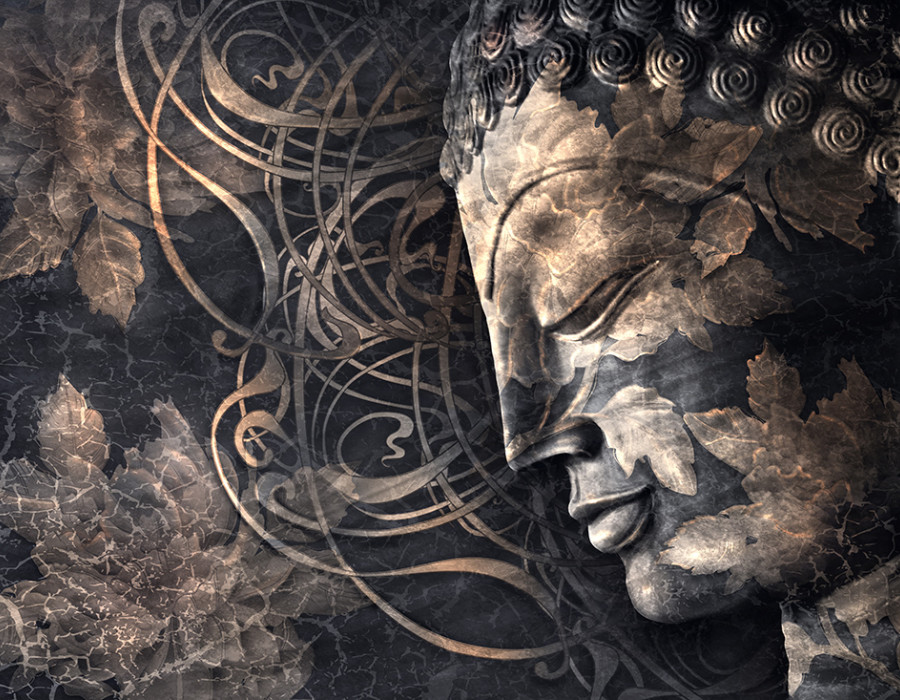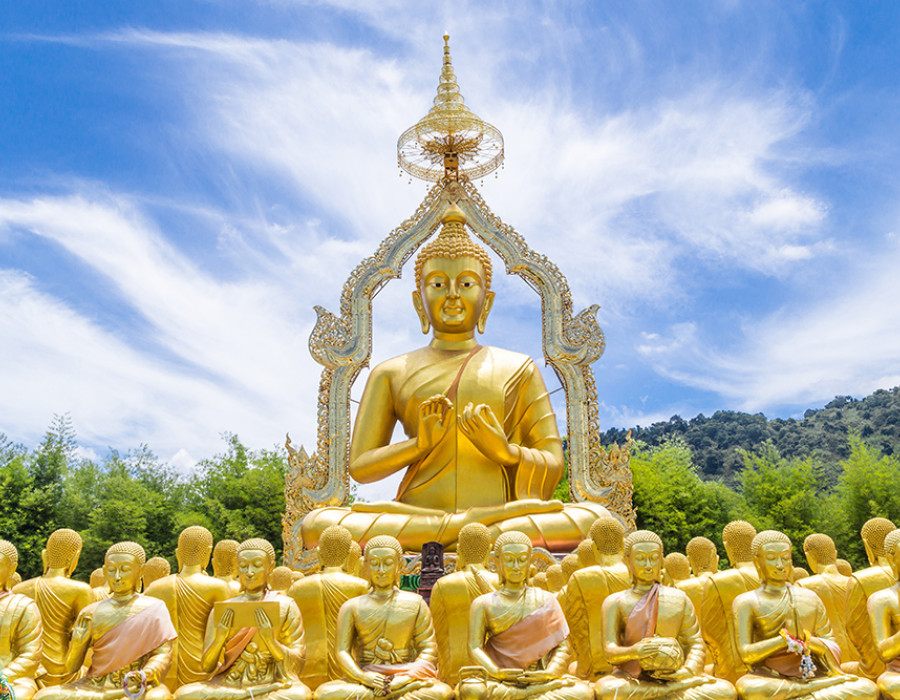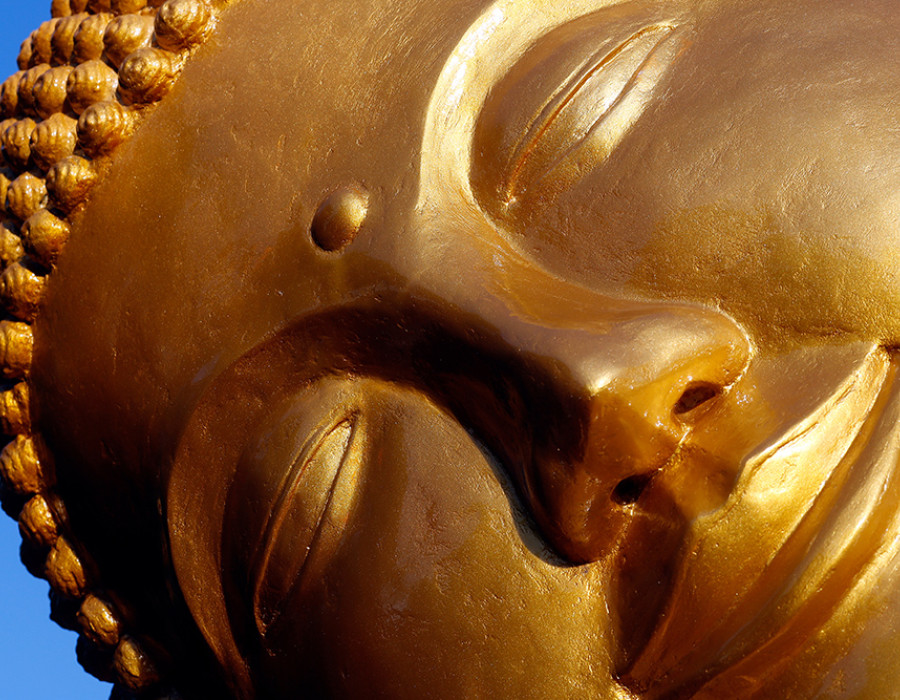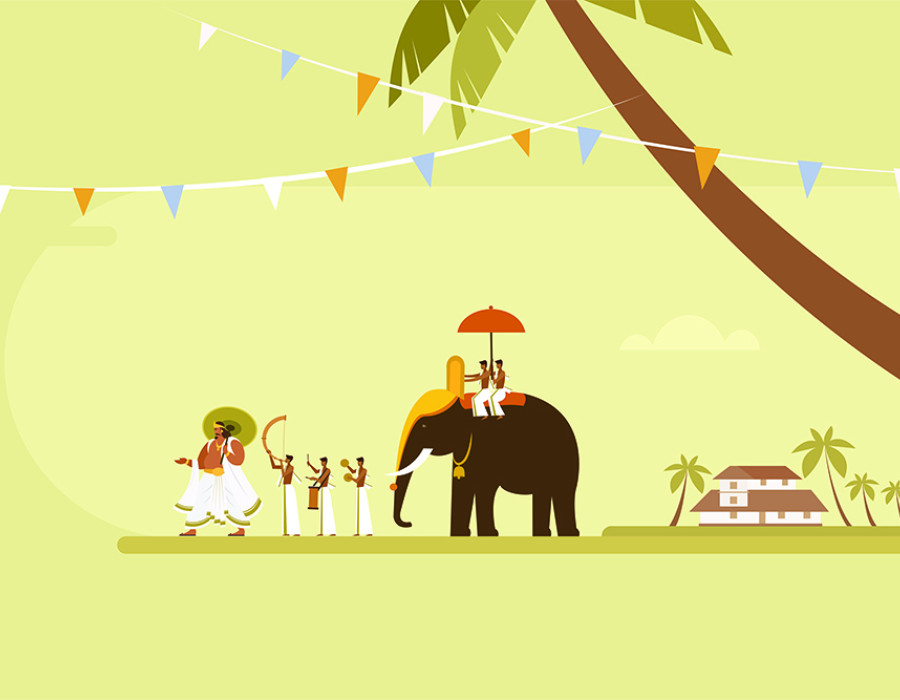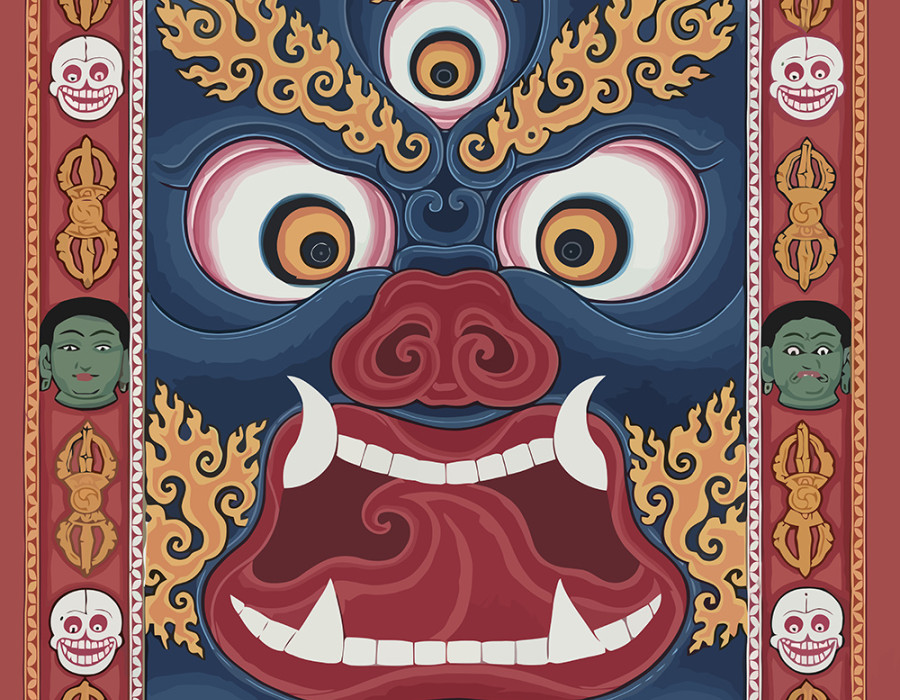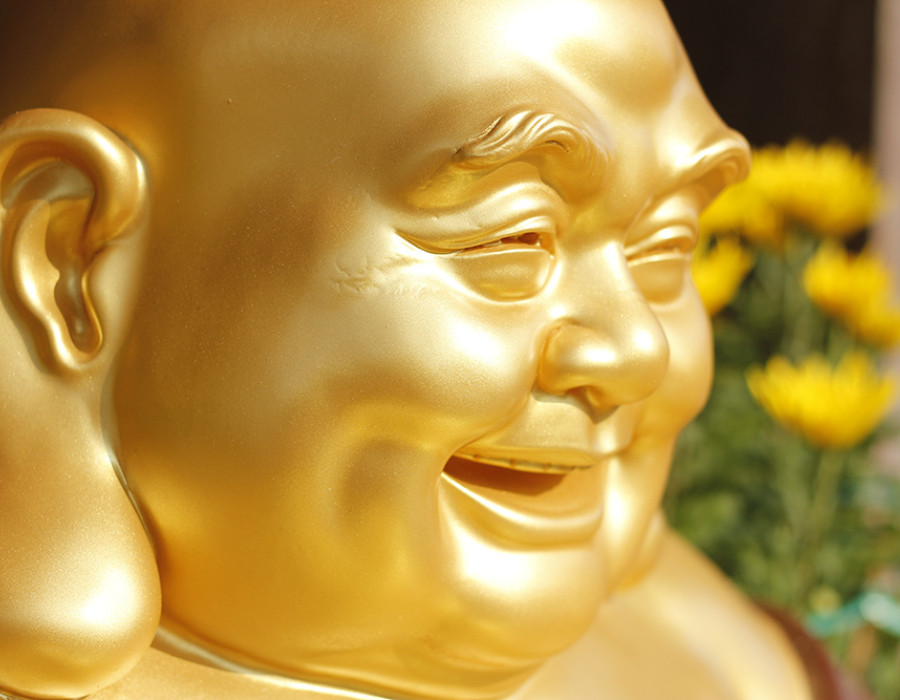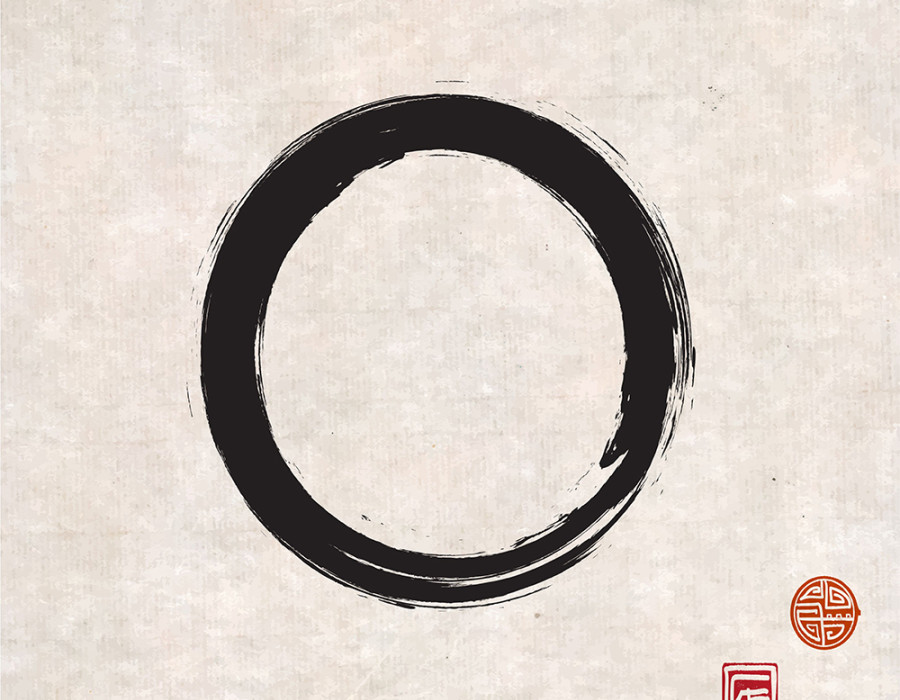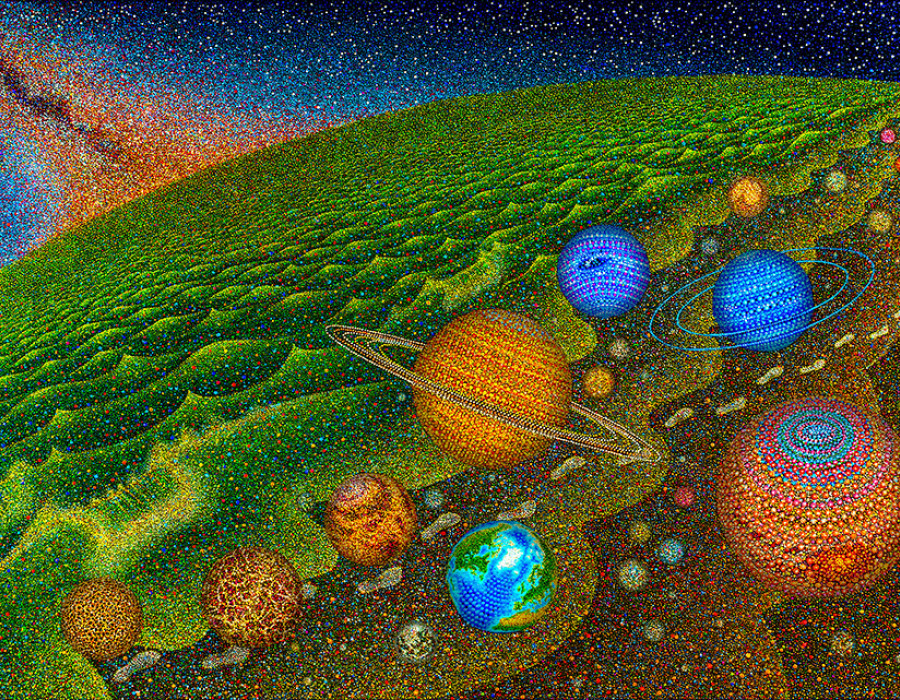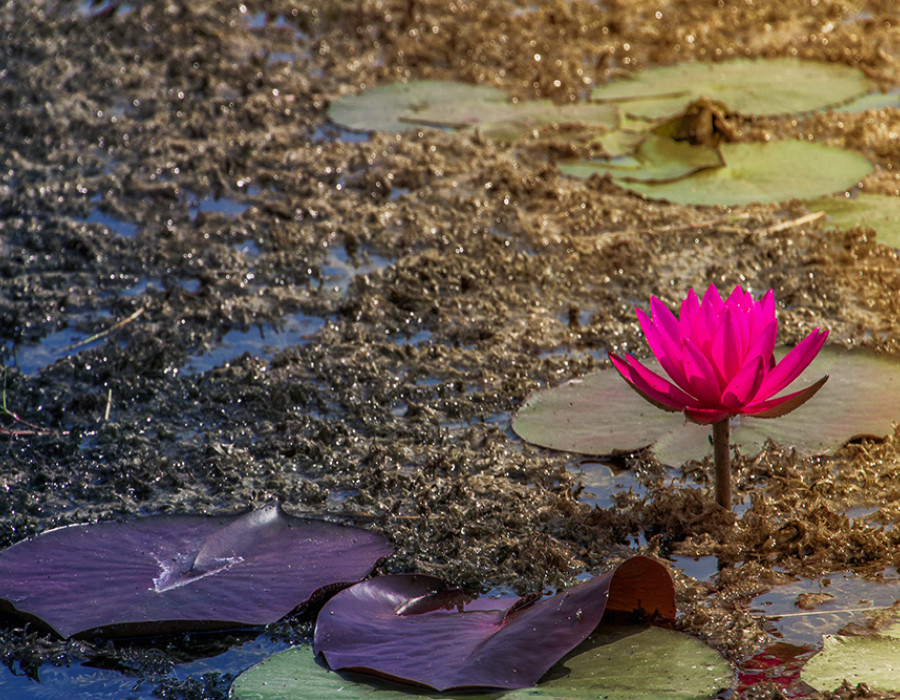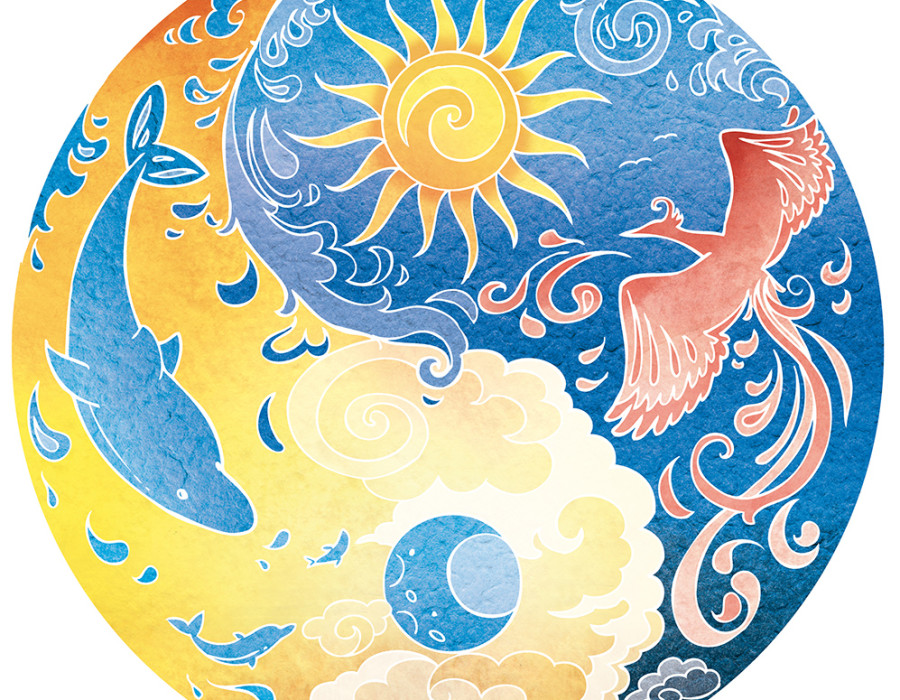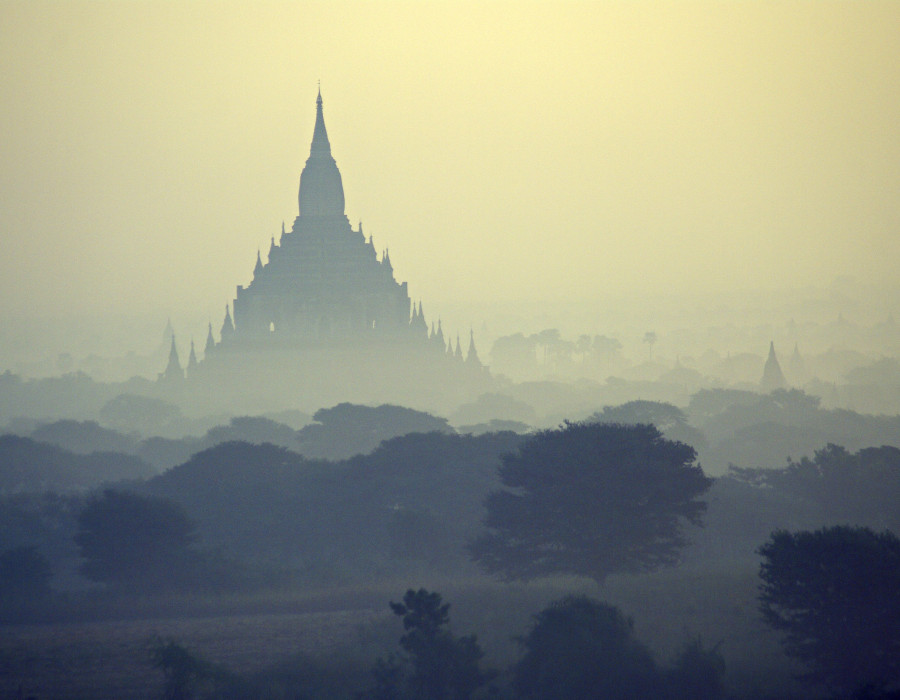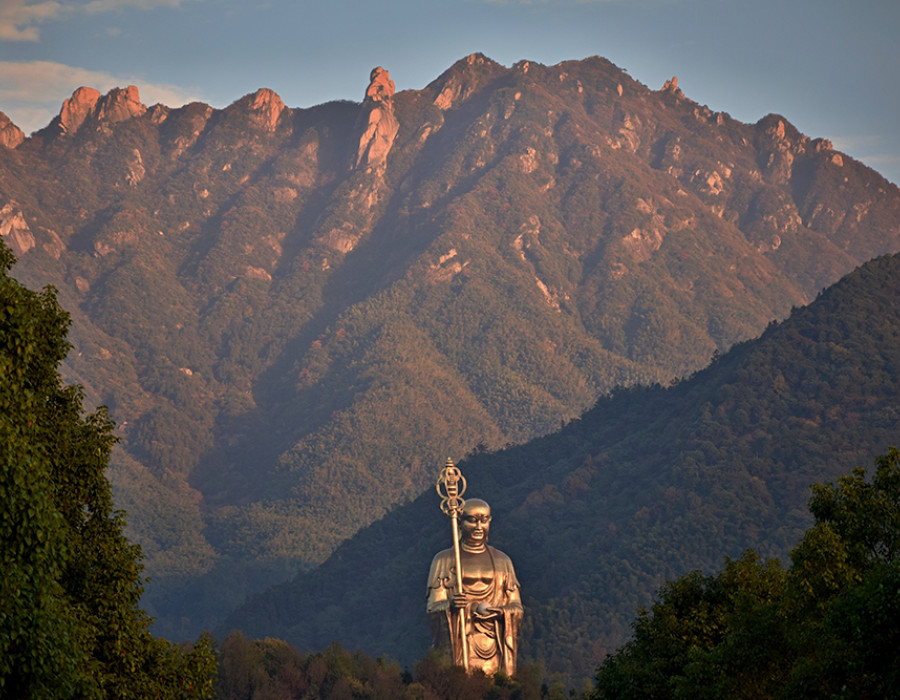
Martin Goodson
Vimalakirti Does Some Spring Cleaning
The Vimalakīrti Sūtra
The magical powers of the Boddhisatva's are now on full display, but where do these miracles come from?
 ©
© shutterstock
The young prince Manjushri drew himself up to his full height. He looked regal and reasonably assured sitting on the back of his lion. He held a flaming sword in one hand and in the other he gently held the stalk of a lotus flower on which rested a holy scripture entitled ‘Wisdom-Gone-Beyond’. He sighed.
“My Lord, this Vimalakirti is a very eloquent bodhisattva! He can make the opposites appear and disappear like a skilled magician. He can set them clashing, causing commotion and awe in equal measure. He has attained skill-in-means in the Dharma and is a most formidable expounder on emptiness. The truth be known, my feeble powers are no match for his,; however, by your grace, I can at least meet with him and we shall see what we shall see.”
With that, the lion, in one leap, took them both to the gates of the city of Vaishali.
The assembly thought to themselves that this meeting was going to be too good to miss. The Bodhisattva of the Perfection of Wisdom meets Vimalakirti, Master of Emptiness! It was going to be a pay-per-view extravaganza.
While the eight thousand bodhisattvas flew in multiple formations overhead, and arhats glided along the ground so lightly that the grass they stood upon did not bend, Vimalakirti thought to himself: “Now that they are coming, just enough time to get ready.”
Vimalakirti’s house had many rooms on several floors. It had a central courtyard with fountains and fish. It had well crafted divans and beds, ornate chairs and carved chests containing much wealth. The gardens were landscaped and full of exotic trees and plants. But as Vimalakirti, who was sick, turned his head, all the contents of his house mysteriously vanished! Not only the furniture, but also the knick-knacks on the shelves, the wonderful art on the walls, the silken curtains and veils, as well as all the servants, butlers, cooks, maids and liverymen. Not a soul, not a stitch remained in that house. Except for the couch on which Vimalakirti lay, the house and the gardens were bare.
As the lion carried Manjushri in though the gateway, Vimalakirti shouted out: “Hail Manjushri, you are welcome to this house. Here you come, without coming. You see, without seeing and you hear these words without hearing.”
It seemed to the assembly following close behind that Vimalakirti was not even going to let the Great Bodhisattva take off his coat before starting with the fun and games.
“It is true what you say, Vimalakirti,” purred Manjushri, “because there is no doer in any activity, because there is no actor in any act; who comes, comes not; who hears, hears not and who sees, sees not – in the final judgement.”
The Great Bodhisattva alighted from his steed and the vast crowd shuffled inside. The curious thing was that despite the enormous numbers, there was no difficulty in finding space inside. It was true that the villa was large and it had recently been cleared of all belongings, but all the same there was something distinctly ‘funny’ about it.
“How are you Vimalakirti?” said Manjushri, concern creasing his beautiful brow. “Is the sickness tolerable? Is it slight or grievous? Is it increasing or diminishing? The Buddha asks after you.”
“I’m afraid this sickness is here for the long term. As long as sentient beings are mired in ignorance and therefore subject to suffering, I, too, will be likewise afflicted.”
Manjushri looked around and seeing that all was bare asked: “Where are all your goods and chattels? Why have you no servants?”
“The house is empty because all Buddha-fields are also empty. Because ‘things’ are merely constructions of mind and have no essential existence of their own, they too are empty. Even the thought ‘constructions of mind’ is empty. Lacking in substance they cannot persist.
As for servants, the world is the servant of the bodhisattvas – for we do not turn away from the world but enter right into it for the sake of all beings.”
Manjushri smiled; Vimalakirti was getting into his stride. “How should a bodhisattva console another bodhisattva who is sick, Vimalakirti?”
Blowing his nose, Vimalakirti replied: “Tell him that the body is impermanent but not to renounce the body. Oh! and tell him that the body is miserable but not to seek any form of liberation from it. Don’t forget to mention confession of wrong deeds, but not to seek absolution. Remind him to retain purity of mind but not to lift up his eyes beyond what is before him.”
And so, Manjushri maintained his poise, enquiring after Vimalakirti and asking how best the patient might be soothed. This really gave the merchant full rein to provide teachings to the assembled crowd of deities, monks and nuns and laity, so that all could benefit from the exchange.
He spoke about the function of the bodhisattva being in the world and not above it, about how his motivation is compassion for all beings and about the refusal to abandon even the smallest ant or blade of grass. He spoke about the development of skill in means, - that is applying the teachings to the understanding of the hearer, and yet not being caught up in worry for the welfare of others, but walking the middle path between being overwhelmed by the suffering of the world and indifference to it.
By the time the patient stopped to draw breath the whole assembly had conceived the spirit of Complete and Perfect Enlightenment.
The Vimalakīrti Sūtra | Martin Goodson
Stories Retold

